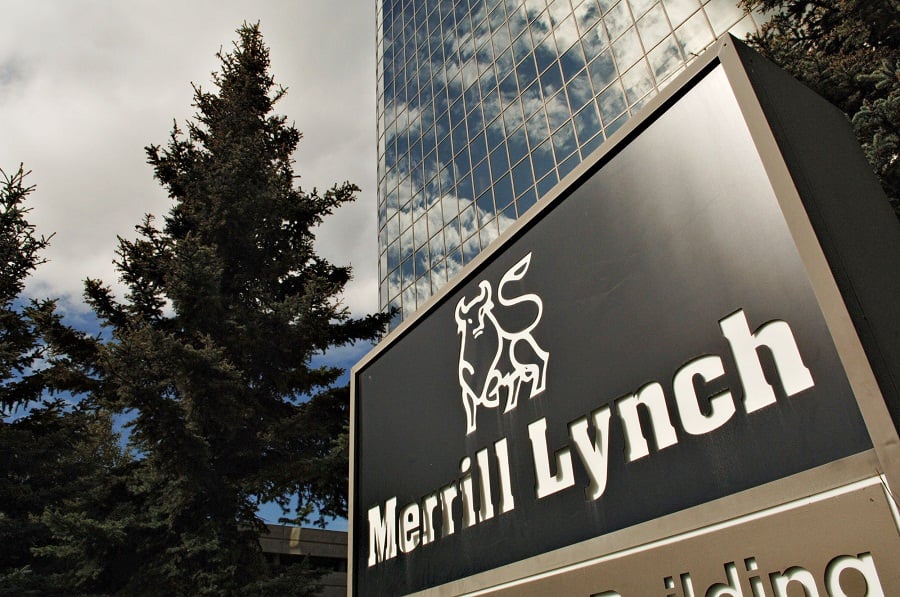Merrill Lynch, Pierce, Fenner & Smith agreed to pay a $42 million penalty for misleading institutional customers about how it handled their trading orders, according to a report from the Securities and Exchange Commission.
The SEC's order stated that Merrill falsely informed customers that it had executed millions of orders internally when it had routed them for execution at other broker-dealers, including proprietary trading firms and wholesale market makers.
The practice, known as masking, entailed reprogramming Merrill's systems to falsely report execution venues, altering records and reports, and providing misleading responses to customer inquiries, according to the SEC.
By masking the broker-dealers who had executed customers' orders, Merrill made itself appear to be a more active trading center and reduced the access fees it typically paid to exchanges.
(More: Merrill re-evaluates commission ban in retirement accounts)
After Merrill stopped masking in May 2013, it did not inform customers about its past practices, but instead took additional steps to hide its misconduct, according to the SEC.
Altogether, the SEC's order found that Merrill Lynch falsely told customers that it executed more than 15 million "child" orders (portions of larger orders), comprising more than five billion shares, than actually were executed at third-party broker-dealers.
A Merrill Lynch spokesman declined to comment beyond a statement made in
March when New York's attorney general initially uncovered the wrongdoing: "The settlement primarily relates to conduct that occurred as long as 10 years ago. At all times we met our obligation to deliver the best prices to clients. About five years ago, we addressed the issues concerning communicating to clients about where their trades were executed."
Adam Gana, a securities lawyer and partner at the law firm of Gana Weinstein, said the SEC penalty is reflective of Merrill's efforts to hide the wrongdoing.
"All firms make mistakes, but what matters is what you do once you realize a mistake has been made," Mr. Gana said. "The real problem is they tried to hide their inappropriate conduct once they got their arms around it."
(More: Merrill Lynch tries to avoid arbitration in dozens of cases with former executives)







